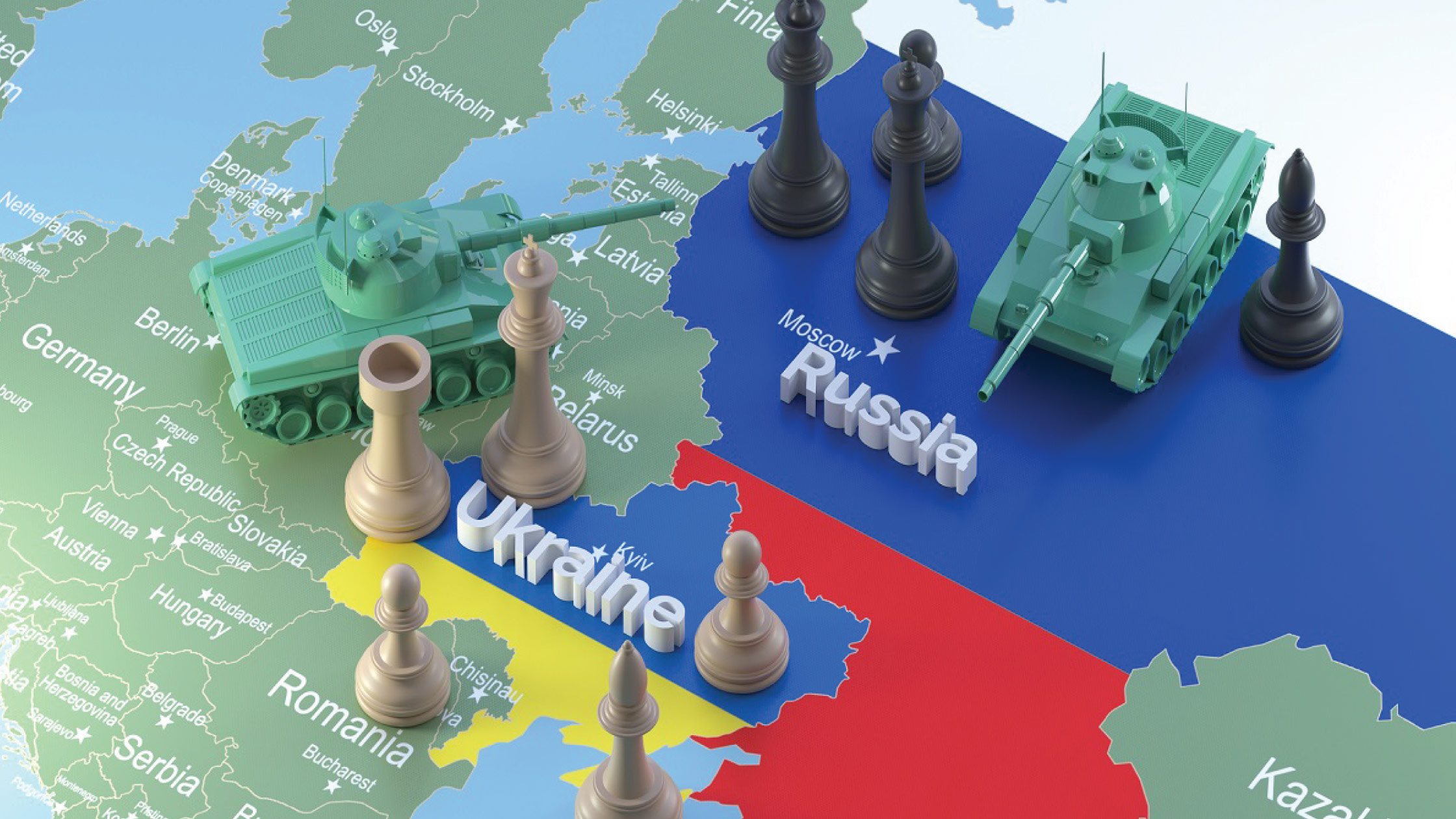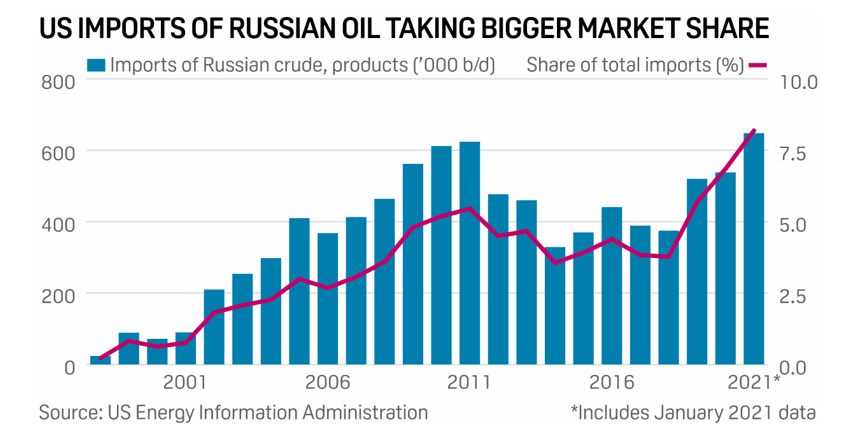Russia Invasion of Ukraine: What’s the Fallout for Investors?
February 24, 2022

For investors in Singapore, the recent fears surrounding a hypothetical Russian invasion of Ukraine seem to be becoming a reality. It’s an indication that this crisis is a global one in nature.
That’s because it was reported earlier today that Russia has launched a “full-scale invasion” of Ukraine. Besides all the threats of sanctions, the fallout from war always imposes both a human and economic cost.
In terms of the economic cost, that has come from falling stock markets globally. Over the past five trading days (as the odds of an invasion became more certain), the S&P 500 Index in the US has fallen by over 5%.
However, many market commentators say that more pain could be in store for stock markets as a range of scenarios unfold.
Here are just a few potential immediate repercussions for investors that should be monitored over the short and medium term.
Oil and commodity prices impacted
One of the biggest worries about sanctions on Russia is the fact that the country is one of the world’s largest commodity-producing nations.
The country’s influence on global commodity markets is clear. Russia supplies nearly one-third of Europe’s natural gas while the US is seeing a bigger and bigger reliance on Russian oil imports (see below).

While the US is the world’s largest oil producer, it’s still a net importer of the “black gold” given how much the US economy consumes.
That’s in stark contrast to Russia, which is a net exporter of oil. In fact, in 2021 its oil consumption was less than one-fifth that of the US.
As a result, short-term worries over oil are likely to lead to higher oil prices on any uncertainty on supply disruptions due to sanctions.
Investors are already witnessing that as the price of crude oil soared past US$100 today, up over 5%. It was the first time in seven years that oil entered triple-digit territory.
Meanwhile, Russia plays an important role in other key commodities. In natural gas, the country exports around 23 billion cubic feet of gas a day – making up around 25% of global trade.
Elsewhere, in agriculture, Russia is also a massive producer of fertilisers as well as the second-largest producer globally of potash, a key nutrient for a range of commodity crops.
Higher inflation here to stay?
Naturally, higher oil, gas and other commodity prices are going to lead to higher inflation. That’s scaring a lot of investors and is a big part of why stock markets are selling off.
The threat of higher inflation (and accompanying higher interest rates) is well-known to markets at this point.
As a result, while the US Federal Reserve was hoping that inflation would be peaking as they started to raise interest rates next month, if oil prices stay high in the short term then that assumption could be in doubt.
So, for long-term investors, understanding how the various scenarios play out over the coming weeks will determine the direction of both the diplomatic outcome and its impact on global stock markets.
Volatility in the short term
While stock markets are most likely to stay very volatile in the short term, if inflation does stay at a higher level, that doesn’t mean that all stocks are going to be sold off in equal measure.
In fact, if you have a long-term mindset, the next few months could turn out to be an opportunity to buy great businesses at discounted prices.
However, with that, investors should remember to remain focused on company fundamentals and, in this environment, how much pricing power they possess.
Overall, those factors – rather than what happens in Ukraine this year – will be the key determinant of shareholder returns over the next five or 10 years.

Tim Phillips
Tim, based in Singapore but from Hong Kong, caught the investing bug as a teenager and is a passionate advocate of responsible long-term investing as a great way to build wealth.
He has worked in various content roles at Schroders and the Motley Fool, with a focus on Asian stocks, but believes in buying great businesses – wherever they may be. He is also a certified SGX Academy Trainer.
In his spare time, Tim enjoys running after his two young sons, playing football and practicing yoga.







